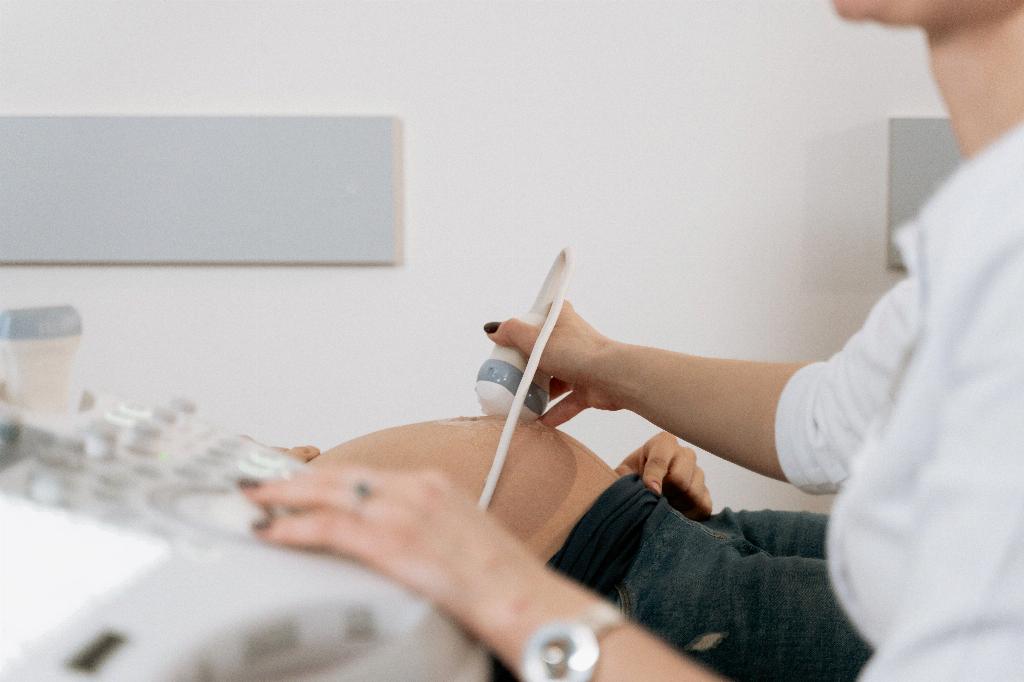Postpartum swelling in the legs is a common concern for many women after experiencing a normal delivery. This condition, also known as edema, occurs due to a buildup of excess fluids in the body. During pregnancy, the body goes through various changes to support the growing fetus, one of which is an increase in blood volume by as much as 50%.
The Role of Pregnancy Hormones
Pregnancy hormones play a significant role in causing fluid retention in the body. Estrogen and progesterone levels rise during pregnancy, leading to the dilation of blood vessels and increased sodium and water retention. These hormonal changes can result in swelling in the legs, ankles, and feet, which may continue even after childbirth.
Effects of Reduced Circulation
During labor and delivery, the pressure placed on blood vessels can impede proper circulation in the legs. This reduced circulation can contribute to the pooling of blood and fluids in the lower extremities, leading to swelling. Additionally, the physical exertion involved in childbirth can further exacerbate this condition.
Impact of Gravity
After giving birth, the effects of gravity can worsen the swelling in the legs. When you lie down or sit for extended periods, fluids tend to accumulate in the lower parts of the body, causing increased swelling. Moving around and elevating your legs can help reduce this gravitational effect and promote better circulation.
Postpartum Recovery Period
The postpartum recovery period is a crucial time for the body to heal and adjust after childbirth. During this phase, your body undergoes various changes as it transitions back to its pre-pregnancy state. It is normal to experience lingering symptoms such as leg swelling, which can gradually improve with time and proper care.
Fluid Retention and Water Balance
Fluid retention plays a key role in postpartum swelling, as the body works to maintain proper water balance. Dehydration can exacerbate fluid retention and lead to increased swelling in the legs. It is essential to stay hydrated by drinking an adequate amount of water and other fluids to support your body’s recovery process.
Managing Postpartum Swelling
There are several strategies you can implement to help manage postpartum swelling in your legs. Gentle exercises, such as walking and stretching, can promote circulation and reduce fluid buildup. Elevating your legs above heart level and wearing compression stockings can also aid in decreasing swelling.
Diet and Nutrition
Opting for a balanced diet rich in fruits, vegetables, and lean proteins can support postpartum recovery and alleviate swelling. Foods high in potassium, such as bananas and avocados, can help regulate fluid balance in the body. Limiting sodium intake and avoiding processed foods can also contribute to reducing edema.
Recovery Time and Patience
It is important to remember that postpartum swelling in the legs may take some time to resolve completely. Your body needs time to adjust and heal after the physical demands of labor and delivery. Be patient with yourself and allow for gradual improvements in your symptoms as you focus on self-care and recovery.
When to Seek Medical Advice
If you experience severe or persistent swelling in your legs, accompanied by pain, redness, or warmth, it is advisable to consult with your healthcare provider. These symptoms could indicate a more serious condition, such as a blood clot or infection, which may require medical intervention. Your doctor can assess your symptoms and recommend appropriate treatment options.
Support and Self-Care
During the postpartum period, it is important to prioritize self-care and seek support from loved ones. Engaging in activities that promote relaxation and stress relief can benefit both your physical and emotional well-being. Remember that postpartum swelling is a common and temporary issue that can be managed effectively with proper care and attention.
Conclusion
In conclusion, postpartum swelling in the legs is a natural consequence of the body’s response to pregnancy and childbirth. Understanding the factors that contribute to this condition, such as hormonal changes, reduced circulation, and gravity, can help you navigate the postpartum recovery process with greater awareness. By implementing healthy lifestyle practices, seeking medical advice when needed, and practicing self-care, you can effectively manage postpartum swelling and support your overall well-being during this transformative period.

